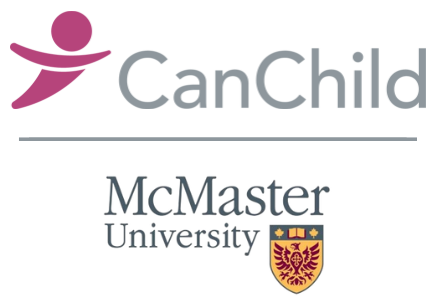Based on “The ‘F-words’ in Childhood Disability: I swear this is how we should think!” (© CanChild 2012) Created by Instituto Nossa Casa (Brazil) . English version produced by CP-NET with support from the Ontario Brain Institute.
Read Resources
16 resources found
F-words take Flight
F-words take Flight from CanChild on Vimeo.
Read Resources
OCHSU/HAHSO Transition Stakeholder Alliance Meeting
OCHSU/HAHSO Transition Stakeholder Alliance Meeting – June 2, 2017 Meeting Objectives and Summary Notes
Read Resources
Letting go (at least a little bit)
Jan Willem Gorter discusses teens in transition in this video produced by the Cerebral Palsy Foundation. What do you do to encourage your child’s independence?
Read Resources
These six F-words won’t fill up your swear jar: What do the F-words mean to youth with impairments? (Video)
Young people discuss what the “F-words” in disability mean to them, while celebrating all they CAN do!
Read Resources
Children with disabilities in Ontario: A profile of children’s services.
Part 1: Children, families and services, Part 2: Perceptions about family-centred service delivery for children with disabilities and Part 3: Factors affecting family-centred service delivery for children with disabilities.
Read Resources
Transition to an Adult Doctor: 5 Tips for Success
Consistent with best practice guidelines for transition developed in Ontario, the study seeks ways to improve health service delivery to youth in transition and, in so doing, to address this important contemporary health challenge.
Read Resources
Family-Centred Service: Completed Studies Reports
A studies series on the topic of Children with disabilities in Ontario: A profile of children’s services.
Read Resources
Family-Centred Service in Ontario: A “Best Practice” Approach for Children with Disabilities and Their Families
Family-centred service is a philosophy and method of service delivery that: recognizes parents as the experts on their child’s needs; promotes partnerships between parents and service providers, and supports the family’s role in decision making about services for their child.
Read Resources
Family Life – Move & Play Study
This report focuses on what parents told us about their families at the 2nd session (a telephone interview). We asked about many different things, for example: family activities, the supports that families have in caring for their children, and the home environment.
Read Resources
